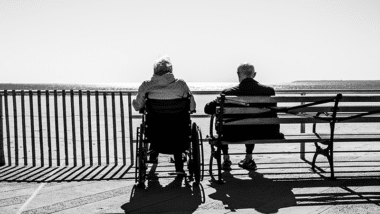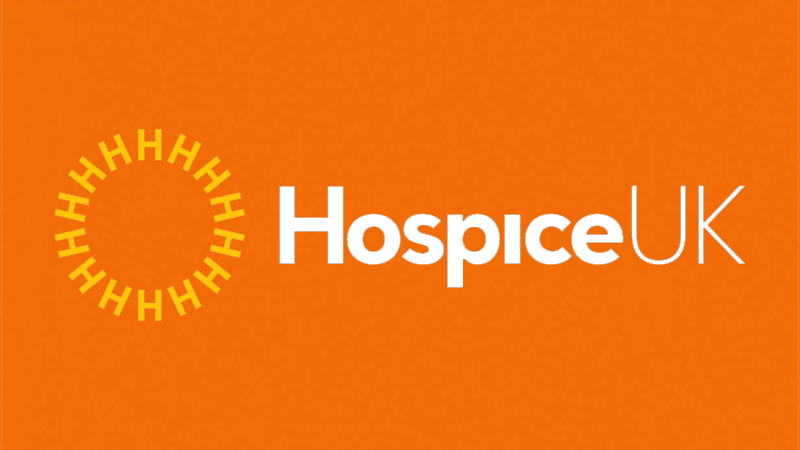Palliative care experts have urged Hospice UK to drop its ‘neutral’ stance on assisted suicide.
The charity, which represents more than 200 homes across the British Isles, recently said: “It’s not our role to either support or oppose a change in the law on assisted dying. Rather, our aim is to make sure the experience and expertise of our members inform this important national conversation.”
But in a letter to Hospice UK’s Chairman Paul Jennings, more than 30 specialists in palliative care – including two former presidents of the Association of Palliative Medicine (APM) – asked him to “stand with us against assisted dying”.
Bias
The signatories questioned the charity’s decision to invite Liam McArthur MSP, architect of Scotland’s assisted suicide Bill, to address its annual conference in Glasgow on 26 November.
The doctors argued: “At the time of a Westminster debate and vote on this very issue, this conveys a pro-assisted dying stance.”
“As a minimum,” they said, “we urge you to represent both sides of the debate at your conference.”
Dr Carol Davis, a consultant in palliative medicine, and one of the letter’s authors, believes the charity should “say on its website that the guidelines they adhere to are about helping people live as well as they can, not advocating medically assisted suicide or euthanasia”.
Opposition
In response, a spokesman for Hospice UK said the charity “has for many years been, and will remain, neutral on whether the law on assisted dying should be changed”.
He went on to claim: “This accurately reflects the position of our membership, the UK’s charitable hospice organisations, the overwhelming majority of which are not taking a position either side”.
However, in a survey last year, APM found that 95 per cent of palliative care doctors surveyed in Scotland would not prescribe lethal drugs for assisted suicide. More than seven in ten (71 per cent) said they would consider resigning if their organisation implemented such programmes.
Pandering to donors
Hospice UK has also alluded that its stance is linked to its funding, with a spokesperson saying last week: “We are of course concerned that a sector already facing such a difficult financial situation might lose support over what could be a highly polarising debate and campaign.”
The charity’s training on assisted suicide informs staff to “think carefully about how public positioning may impact fundraising” and highlights the possibility “of some loss of supporters of your hospice”.
Palliative care consultant Dr Amy Proffitt said hospices “worry that if they oppose legalisation, and the general public wants it, then people won’t donate”.
Loss of funding
Another commented that “the majority of hospices will not want staff to speak out against assisted dying”, and suggested that hospices may be aware that “there is good evidence in Canada that if you refuse to provide ‘medical assistance in dying’ in your hospice, then you lose funding”.
In Canada, the Minister of Health for British Columbia announced in 2020 plans to close Delta Hospice Society over its refusal to provide assisted suicide. The hospice remains open, but lost £1.8 million in annual public funding.

The UK a ‘perfect storm’ for assisted suicide harms
Palliative care expert: ‘Blind support for assisted suicide downright dangerous’
Times readers slam columnist Parris for pressuring elderly and infirm to kill themselves
Poll on assisted suicide reveals ‘stark judgements’ about vulnerable


